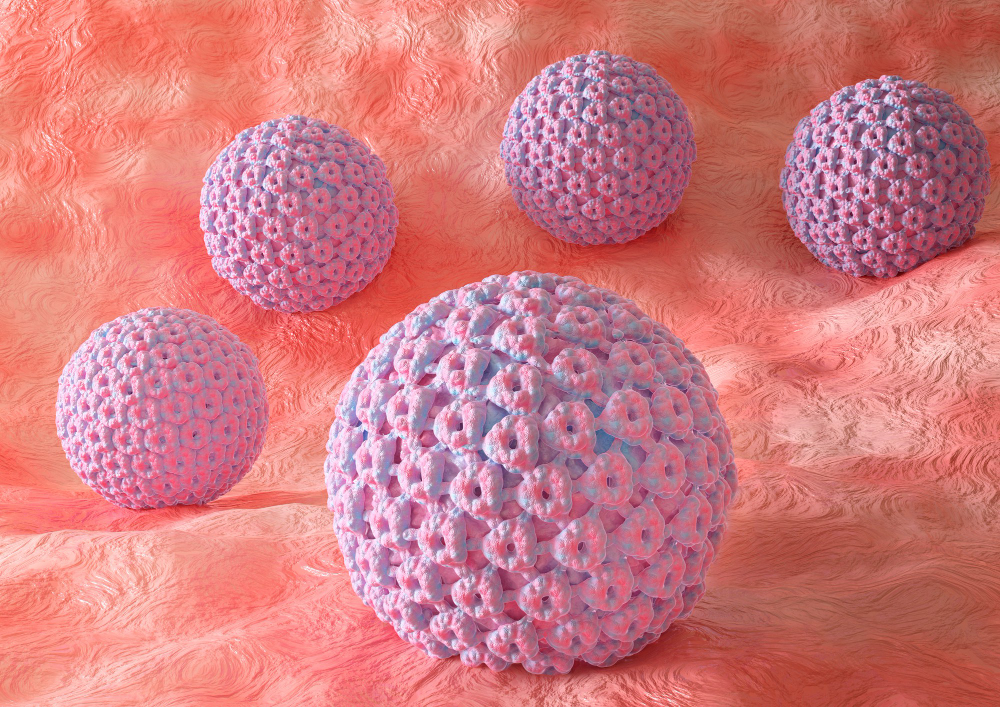- Home
- Corporate
- GENITAL AESTHETICS
- GYNECOLOGICAL LASER
-
GYNECOLOGY
- Urinary Incontinence Treatment
- Vaginismus Treatment
- Laparoscopic Surgeries
- Cervical Cancer Tests
- Genital Warts
- Polycystic Ovary Syndrome
- Menopause Period
- Cervical Wounds
- Infertility
- Chocolate Cyst
- Benign Uterine Tumors
- HPV DNA Test
- HPV Vaccines
- Family Planning
- Urinary Incontinence Tot Surgery
- Smear Test
- Intrauterine Biopsy
- Vaginal Ultrasonography
- Blog
- Contact
Menopause Period
Menopause Period
Menopause period; It is a time period that marks the end of womens menstrual periods. It can be said that women who have not menstruated for 12 months have entered the menopause period. Menopause, which is a natural biological process, can cause changes in women's psychology and can also trigger physical complaints. Although the menopause process is inevitable, it is possible to manage this process and to reduce and prevent the complaints caused by menopause.
The age of menopause can vary from society to society, from woman to woman. The menopause period, which usually begins in the late 40s or 50s, can decrease to the age of 35 in some women. For this reason, the onset of menopause should not be perceived as a direct sign of old age.
What Are the Symptoms of Menopause?
The symptoms of menopause and the severity of menopause symptoms can vary from person to person. The most common complaints during the transition to menopause, that is, during the perimenopause period, can be listed as follows;
Hot flashes,
Irregularity in the menstrual period,
vaginal dryness,
Sleeping disorders,
night sweats,
Metabolism slowing and weight gain,
Dry skin, hair loss
Changes in mood.
Menstrual irregularities are common during perimenopause. Often, menstrual periods can skip a few months and start again. Even if menstrual bleeding is irregular during this period, there is a possibility of getting pregnant.
Causes of Menopause
There may be more than one reason why women enter the menopause period. By the end of the 30s, the ovaries secrete less estrogen and progesterone than before. Therefore, the menstrual cycle begins to lose its regularity. In the 40s, menstrual periods are either too long or too short. In the period after the age of 51, the menstrual period can be completely stopped.
Although menopause is a natural biological process, factors such as hysterectomy, where the uterus and ovaries are removed, chemotherapy and radiation therapies, and premature ovarian failure can also cause menopause.
Complications of Menopause Period
After menopause, women have an increased risk of developing certain health problems. Due to the decrease in estrogen levels, diseases such as cardiovascular diseases, osteoporosis, vaginal dryness and obesity can reduce womens quality of life.
Vaginal Dryness in Menopause and Its Treatment
The walls of the vagina are covered with a thin layer of sticky moisture called mucus. This layer also provides an alkaline environment where sperm can survive and travel for sexual reproduction. Vaginal secretions lubricate the vaginal wall and reduce friction during sexual intercourse. Estrogen hormone is the main hormone in keeping the vagina lubricated and moist. Since there will be a lack of estrogen in menopause, the secretion of the vaginal glands decreases.
As a woman ages, changes in hormone production cause the vaginal walls to thin. Aging means thinner walls and fewer cells that secrete moisture (mucus). This can lead to vaginal dryness. Hormonal changes are the most common, but not the only, cause of vaginal dryness. Sometimes the entrance of the vagina expands due to childbirth. More dryness can be observed in the vagina that receives air from the external environment. In addition, there may be a complaint of vaginal dryness in sexual relations that are reluctant or entered without getting wet enough.
In the treatment of vaginal dryness in menopausal women, treatments are also performed with radiofrequency, laser and vaginal PRP. In particular, the PRP method stimulates the cells in the vagina, making the vagina younger and moister. There are nourishing and rejuvenating factors produced by the body in the PRP liquid. It is applied 3 times with an interval of one month. It is a method that can be applied to all patients.
Menopause Treatment
Although the test is not usually used in the diagnosis of menopause, some women may need to have their follicle stimulating hormone, estrogen and thyroid stimulating hormone levels examined.
The main purpose of menopause treatment is to prevent and manage the symptoms of the menopause period from reducing the quality of life. In this context, treatment processes can be initiated with hormone therapy, low-dose antidepressants and/or drugs that increase bone density.

 TR
TR
 EN
EN
 DE
DE
 AR
AR



